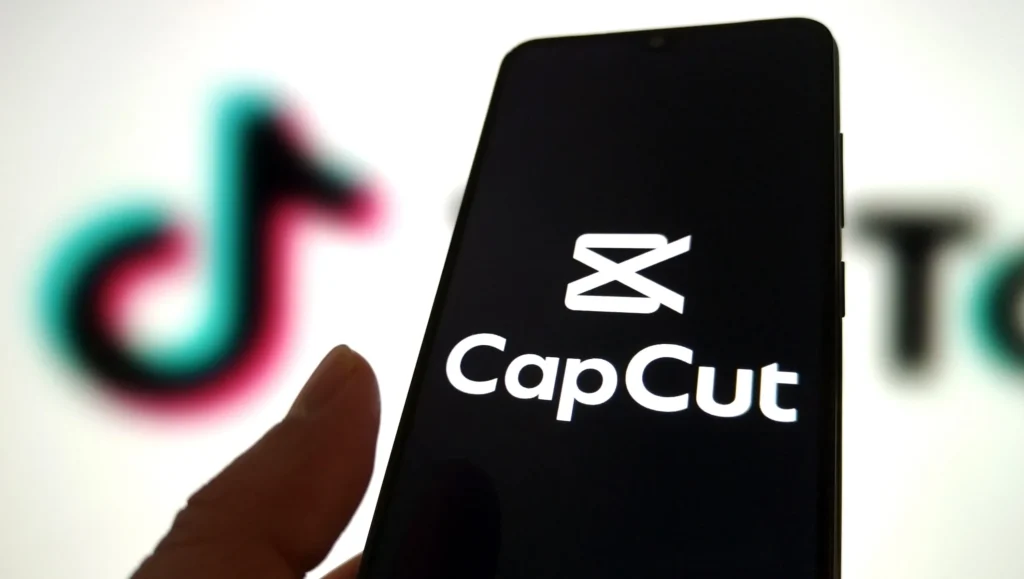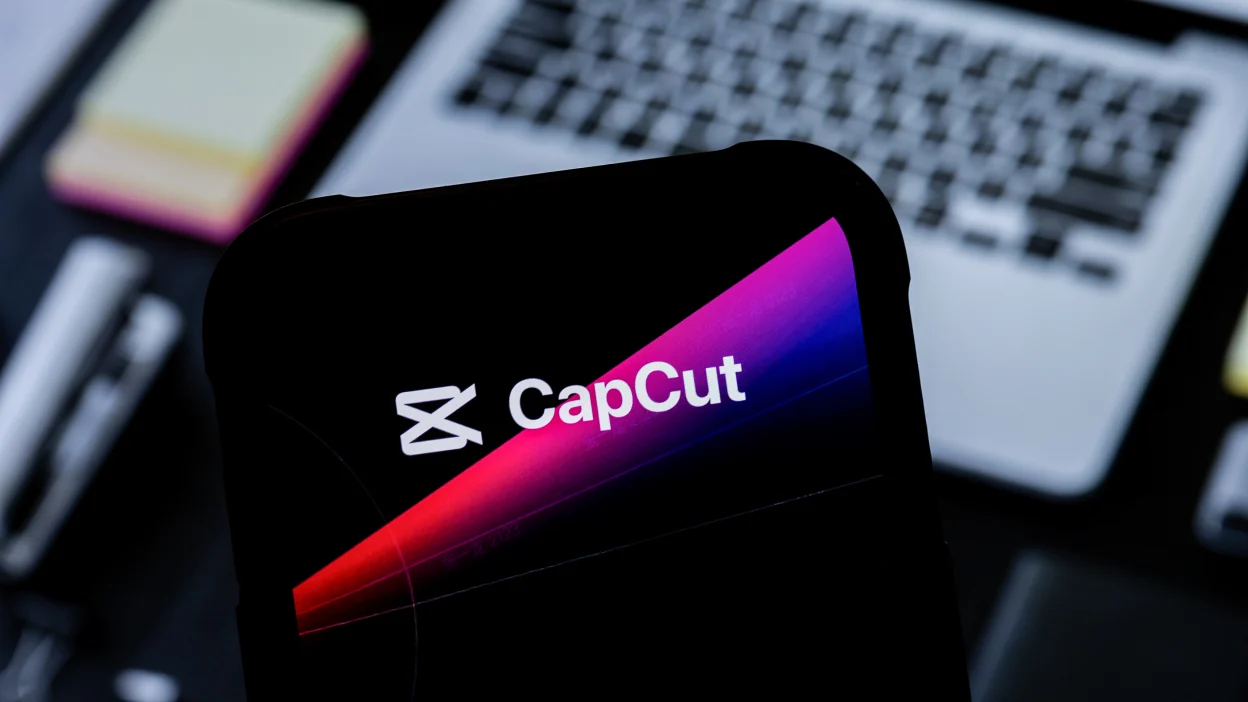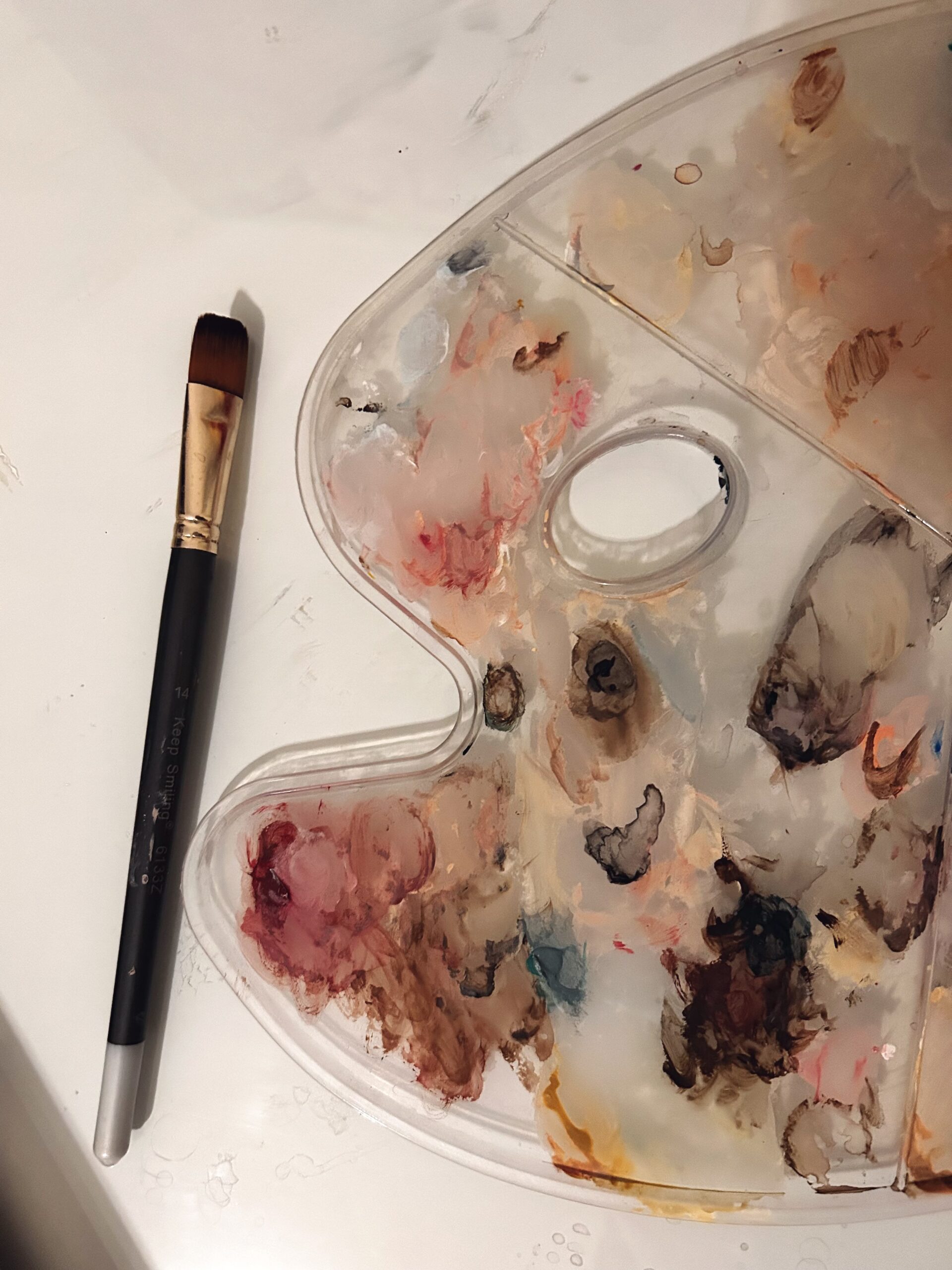Should You Be Concerned? ABSOULTELY
The internet is freaking out—and this time, it’s not about a trend or filter. It’s about CapCut’s updated Terms of Service (TOS). Yes, someone actually read them (shoutout to @bymilaholmes), and what they uncovered has set TikTok creator circles ablaze.
So what’s going on? Let’s break it down—without the legal jargon.
The Bigger Picture
We’ve all been conditioned to click “Accept” on terms and conditions without a second thought. Me too! It’s practically muscle memory at this point. And let’s be honest—the average TOS reads like it was written to not be read. Cellphone contract comes to mind…
That’s why this situation has sparked such concern. CapCut isn’t some obscure tool; it’s a massively popular video editing app, especially among TikTok creators. It’s owned by ByteDance, the same company behind TikTok, and for many creators, it’s the default choice for editing content directly on mobile.
So, when creators found out what was buried in the new TOS, it was more than a passing curiosity—it was a wake-up call.
What the Terms Actually Say
CapCut’s updated TOS includes this key clause:
“You…grant us…a royalty-free, fully transferable (including sub-licensable), worldwide license to use, modify, adapt, reproduce, make derivative works of, display, publish, transmit, distribute and/or store your User Content…You further grant us a license to use your username, image and likeness…”
Translation?
They can use your content however they like, indefinitely, across the globe.
They can edit, publish, sell, and distribute it.
They can use your name, face, and voice in sponsored content or ads.
And they don’t have to notify you or pay you.
Do You Still Own Your Content?
Yes, technically—you retain the copyright. But here’s the catch: by uploading content to CapCut, you grant them permission to use it in broad ways. And because you still own the copyright, you’re also liable if your content includes anything you didn’t have the right to use in the first place—like a song snippet, a logo, or a brand’s IP.
That means:
You could get hit with a copyright claim if CapCut uses your video in an ad that includes music or footage you didn’t license.
You can’t issue a DMCA takedown, because you gave them permission to use it.
If you’re editing client work, you may be giving away rights that don’t belong to you.
So Is This Really That Bad?
Many platforms—including TikTok, Instagram, and even Facebook—use similar legal language. For example, TikTok’s own TOS gives it a “perpetual, worldwide licence” to use, modify, and distribute your content. Same for Instagram
That said, just because something is common doesn’t mean it’s good—especially when it comes to ownership, consent, and creative control.
What We Should Really Be Thinking About
This is less about singling out CapCut and more about asking bigger questions:
– Are you comfortable with the platforms you’re using having broad rights to your content?
– Do you understand what happens to client work when you upload it to a third-party app?
– Are you using music, footage, or graphics that are licensed for commercial use?
If you’re creating content for yourself, it’s a matter of personal choice and risk. But if you’re doing work for clients, this becomes a professional liability.
At the very least, get explicit, informed, written consent before editing client projects with tools like CapCut.
What’s the Bottom Line?
Yes, CapCut’s terms are broad. Yes, they sound scary. And yes, similar terms exist on other platforms.
But instead of rushing to delete the app, take this as a moment to pause and audit your tools, your workflow, and your agreements.
If you care about:
Creative ownership
How your name and likeness are used
Maintaining client trust
Protecting your content from misuse
…then you need to start reading the fine print—or at the very least, stay informed when updates roll out.
The trade-off of using free, convenient tools is that you often pay with your rights—not your wallet.
So no, you don’t have to panic. But you should care.





